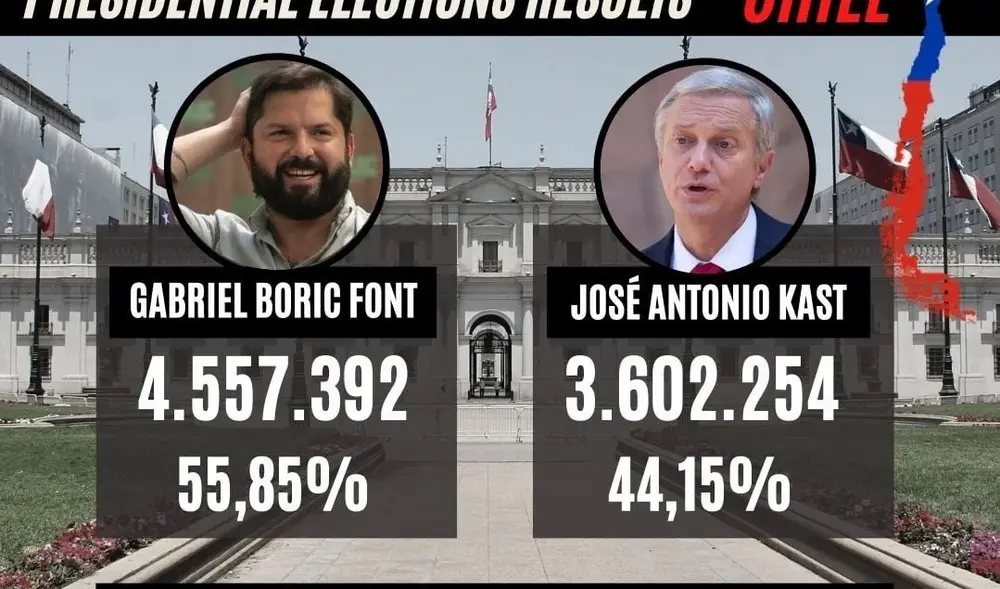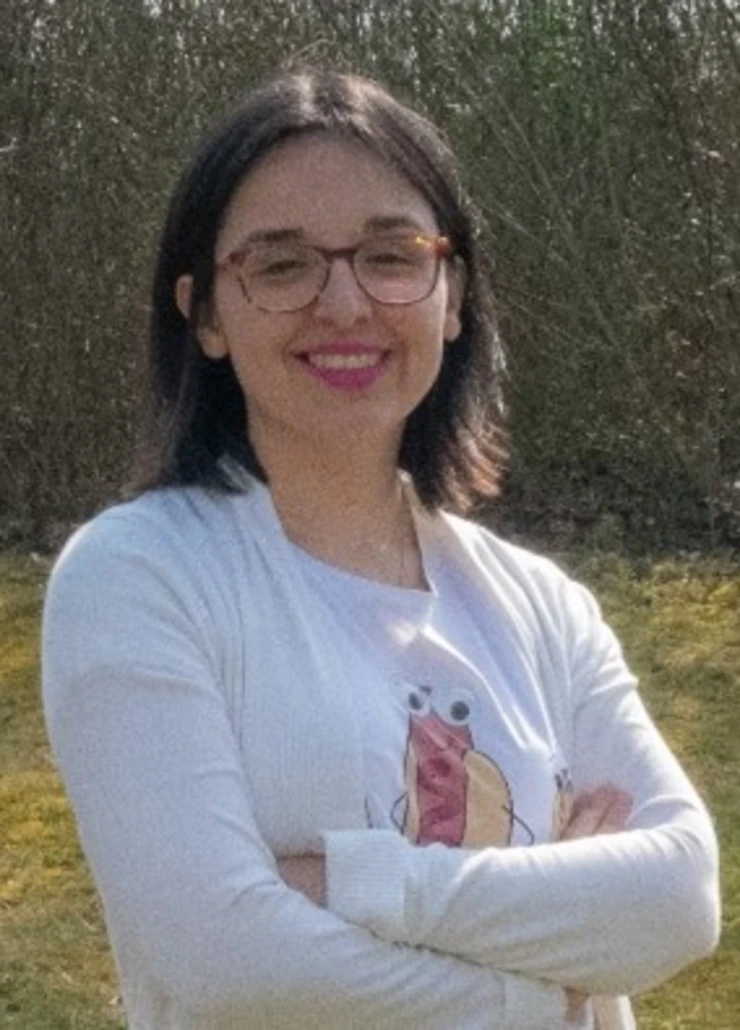Election showdown in Chile: a new president for a new constitution

December 19, 2021 was a historic day for Chile. A day in which the decision made by Chilean men and women will mark a change of course in its recent history.
On November 21, presidential and parliamentary elections were held. The results, which strengthened the extreme right — representative of the hardest Pinochetism — were a surprise for the social movements in Chile and abroad, as well as a great alarm to the parties of the new coalition. 55% of the votes, both parliamentary and presidential, went to right-wing candidates, with the candidate of the Chilean ultra-right for president being the most voted with 27.91%. Out of a total of seven presidential candidates, Gabriel Boric, representative of the center-left party Social Convergence, was relegated to second place, obtaining only 25.83% of the votes, thus going into the second round of the presidential election in a disadvantageous situation. (ref. 1)
In this scenario, the social movement that began on October 18, 2019, with the social revolt and that pushed the peace agreement where the writing of a new constitution was agreed upon, was at the mercy of the results of the presidential runoff (ref 2).
On the other hand, the possibility that the ultra-right candidate would be the future president of Chile awakened an unthinkable union among the grassroots, social movements and left-wing parties to stop the new Pinochetism/Fascism. This ultra-right option proposed in its government program: the elimination of the women's ministry, the repeal of the three-causal abortion law, the creation of an international organization dedicated to the persecution of dissidents, the charging of fauna for its right to exist and the implementation of a presidential power to request detention in non-disclosure places, to obtain information on groups considered extremist.
In this complex scenario, the presidential runoff led the people of Chile to organize, not for a candidate who represented them all, but rather against a candidate who meant a return to the darkest years of recent Chilean history. The organizations coordinated to raise a campaign with a strong territorial presence - especially in towns and informal urban spaces – providing information about what it meant to vote for a specific candidate and to show that Gabriel Boric is a moderate center-left politician and not the radical caricature shown of him in the right-wing media.
Sunday, December 19, was a historic day, with a voters’ turnout of 55.65%, the highest historically since the implementation of the voluntary vote. This was achieved despite the institutional interventionism demonstrated in the lack of public transportation, where the Minister of Transportation had to publicly apologize for the lack of public transportation for voters to reach their polling places - a problem, whose existence she had initially denied completely.
Already at 7:00 p.m. on Sunday, December 19, the first tally showed Gabriel Boric as the winner and at the end of the vote count, he won with 55.87%. Gabriel Boric was a student leader in 2010, leader of the so-called Penguin Revolution (ref 4), whom President Sebastián Piñera, in his first term, did not receive despite the massive protests of students. On March 11, 2022, Boric will be inaugurated as President of Chile.
With Gabriel Boric, the constituent process continues, and Chile is closer to a new constitution. Chileans, it seems, have chosen dignity and hope over fear.
REFERENCES
(Ref 1) https://resultados.servelelecciones.cl/presidencialespv2021/provisorios/
(Ref 3) https://preliminares.servelelecciones.cl/
(Ref 4) https://en.wikipedia.org/wiki/2006_student_protests_in_Chile
(Ref 5) https://plataforma.chileconvencion.cl/m/iniciativa_popular/o/18494
Photo courtesy of Carolina Trichet & Red Chile Desperto Internacional

About the author
Carolina Trichet Paredes is a second-year MPP student at the Brandt School. She holds a M.Sc. in Physics from Stuttgart University, has more than 10 years of experience working in a cutting-edge research environment. She is also a social entrepreneur focused on waste management. She is an active member of the feminist migrant and Flint community of Germany, helping to increase awareness on migrant women rights and gender inequality.
As a migrant Chilean, she has been working with others Chilean around the world on a recommendation (Proyecto de Norma Constitucional) to be considered in the new constitution, with the goal to end the status of migrants as second-class citizens.
~ The views represented in this blog post do not necessarily represent those of the Brandt School. ~